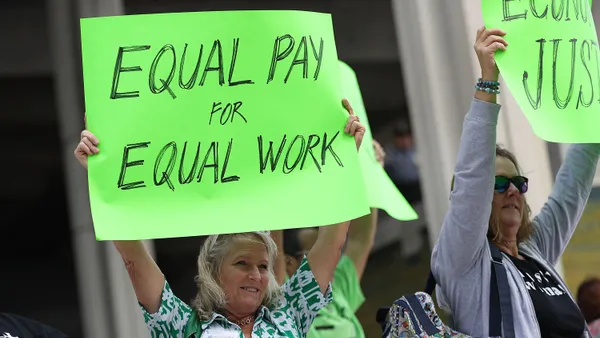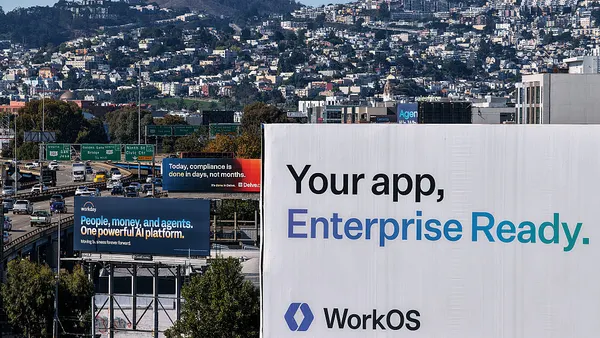Dive Brief:
- Nick Corcodilos, seasoned recruiter and author, points out that only 5.2 million of the 5.9 million new jobs created in July 2016 were filled, and that technology was the only factor standing between candidates and jobs. "I just don’t buy the ballyhoo about how much better the “jobs numbers” are," he adds, contributing to PBS Newshour in the Ask a Recruiter series.
- Corcodilos makes it a point that no one ever questions HR technology and despite an increasing number of candidates being made to apply for jobs via LinkedIn, Indeed, and other recruitment platforms, there has been no analysis to see if they are actually creating roadblocks in the hiring process or not.
- The idea that HR technology doesn't encourage hiring, but rather gets in the way is supported by a recent statement from Labor Secretary Tom Perez who mentioned recently that HR needs to stop blaming an unskilled labor pool and start looking at the current employment infrastructure that actually rewards companies when people don't get hired. Technology that rejects otherwise good candidates based on keywords, targets large pools of candidates at once, and uses poor algorithms all hurt the recruitment market, not help it.
Dive Insight:
The PBS feature highlights a very real problem that job seekers face daily. While recruiters complain that they cannot find enough of the right talent or skills in the market, the very software they use to recruit with is weeding out candidates who may be perfectly suitable for the job reqs they are trying to fill. Everyone monitors the recruiters, but who monitors the technology?
With an estimated 19 million people currently listed as unemployed, recruiters can connect with this pool in a more personal way using HR technology the right way. For example, connecting with candidates using social networks and developing relationships with them may foster better recruitment efforts. HR practitioners and recruiters should be mindful of how HR technology both helps and harms the process.













